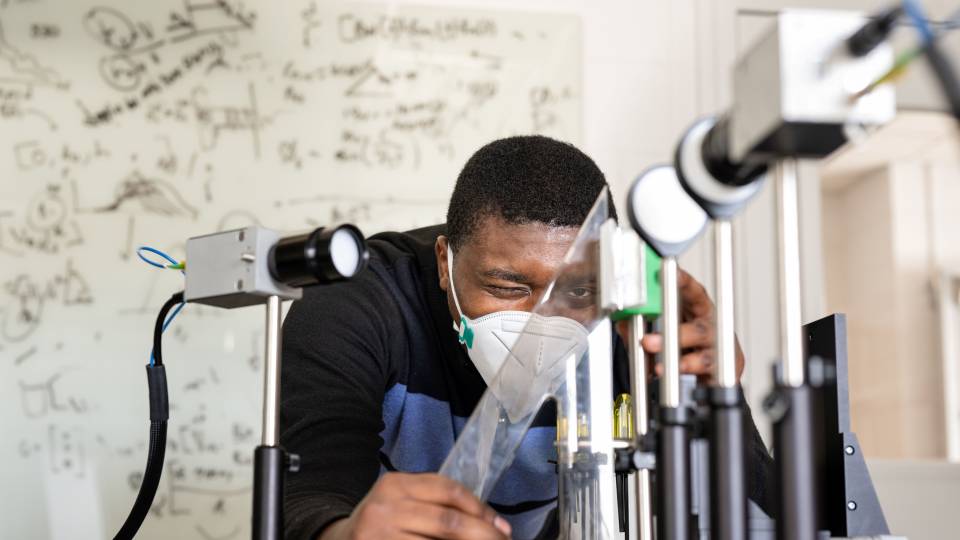Online search system seeks to address work-family issues
Twenty-eight New Jersey colleges and universities have teamed up to offer the region's first online jobs database aimed at helping higher education institutions attract and retain a diverse work force.
The New Jersey Higher Education Recruitment Consortium, which is free to job seekers, was launched Nov. 15 and allows job seekers to search the full range of positions at colleges and universities, including professor, secretary, laboratory technician and kitchen staff.
"We want to collaborate effectively to develop a family-friendly recruiting movement that will help New Jersey institutions retain a diverse group of faculty and staff," said Gilda Paul, director of the New Jersey consortium, which is housed at Princeton University. "We hope to someday be part of a national group of education consortia as more colleges and universities collaborate across the country."
The New Jersey database currently lists more than 1,700 academic and staff jobs at the participating colleges and universities, and is growing. The consortium is remarkable for uniting both private and public institutions from across the higher-education spectrum -- universities, colleges and community colleges -- to expand the recruitment of job candidates.
"This is a terrific way to showcase all that New Jersey higher education has to offer and greatly increase the diversity of our applicant pool," said Karen Stubaus, associate vice president for academic affairs at Rutgers. "Equally important, we believe the special feature for dual-career couples will make it easier to jointly place couples in academic and staff positions around the state, which is often a challenge in academia."
Couples looking for two job placements may search the database for jobs at the same institution, a region of the state (north, central, south) or statewide. Universities and college officials have found that difficulty in addressing the job needs of applicants' partners is a major obstacle to attracting a diverse applicant pool.
The Web-based system is the first of its kind on the East Coast and the first statewide Higher Education Recruitment Consortium in the country, though it was inspired by a similar initiative in California. In that state, two regional groups offer separate databases for colleges and universities in northern and southern portions of the state.
Princeton and Rutgers universities initiated the New Jersey consortium as part of a continuing effort to address work-family issues facing higher education and to increase the size and diversity of applicant pools.
"Literally my first week on the job I started working on a cooperative database for New Jersey," said Joan Girgus, appointed in 2003 as Princeton's special assistant to the dean of the faculty to oversee gender equity issues. "I knew it could make a large difference in helping our job applicants balance their own professional aspirations with those of their spouses and partners, and broaden and deepen our applicant pools.”
For a list and more information about participating New Jersey institutions, visit www.njherc.org.
